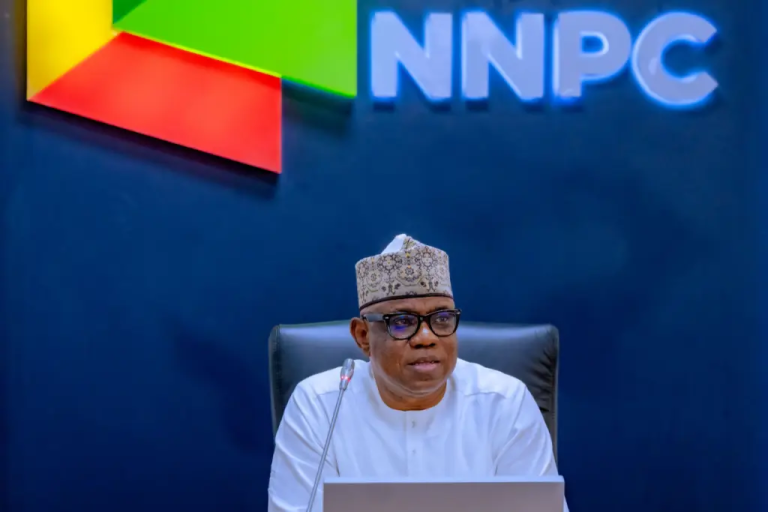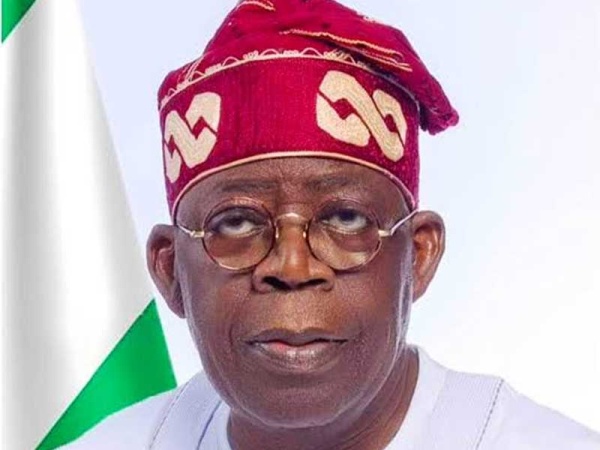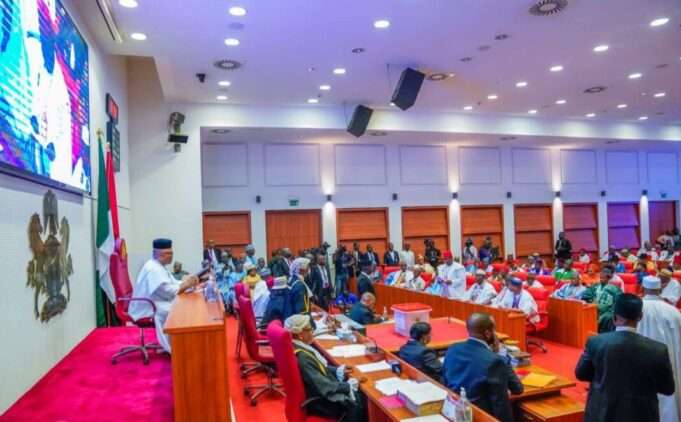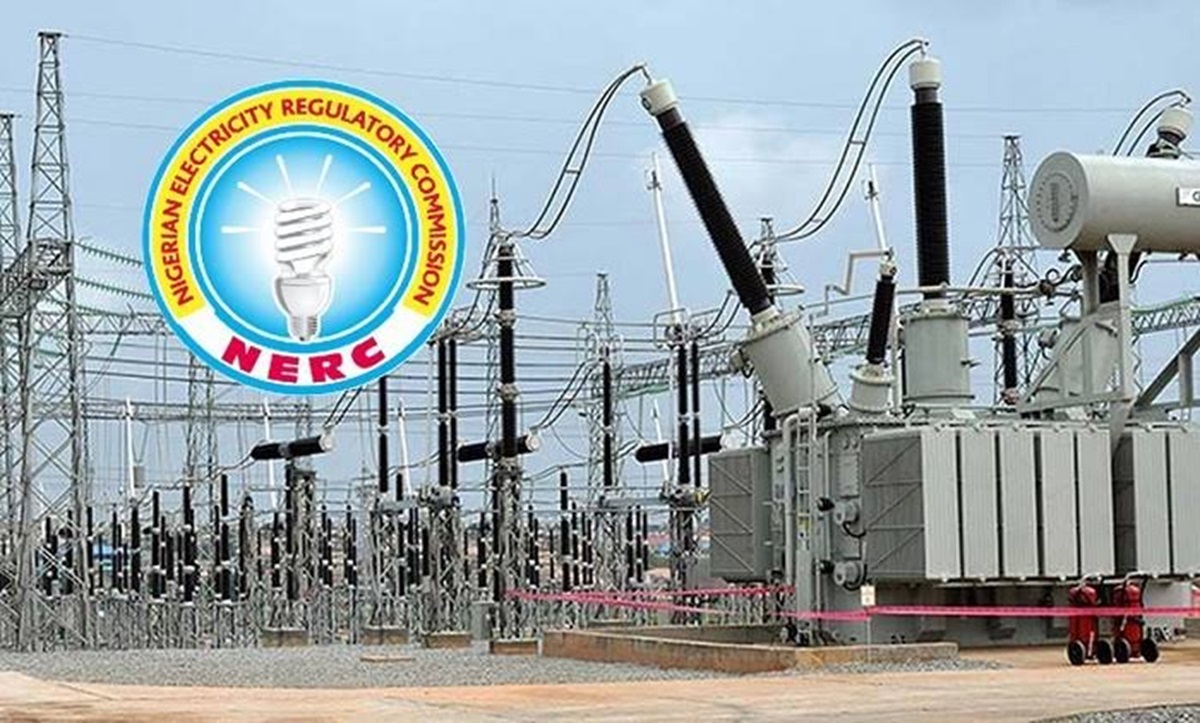
“NIGERIA TO LEAD AFRICA’S ENERGY REVOLUTION: 300M AFRICANS TO GET ELECTRICITY BY 2030”

GREATRIBUNETVNEWS–Nigeria is set to champion a major initiative to provide electricity access to 300 million Africans by 2030, positioning itself as a leader in clean energy development. The Speaker of the House of Representatives, Rt. Hon. Abbas Tajudeen, made the announcement at the maiden Legislative Conference and Expo on Renewable Energy in Lagos.
THIS POST IS SPONSORED BY SHELL NIGERIA
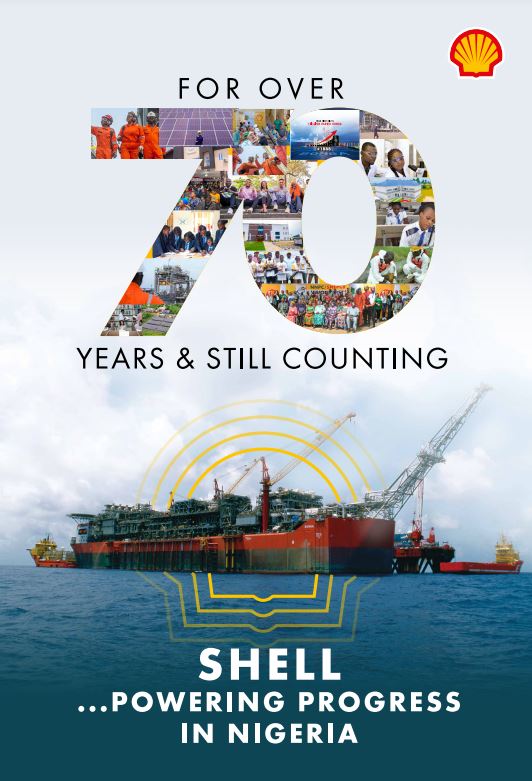
He spoke on Monday,in Lagos during the maiden edition of the Legislative Conference and Expo on Renewable Energy.
He highlighted Nigeria’s leading role in the Mission 300 Initiative, a strategic partnership with the World Bank and African Development Bank aimed at expanding electricity access across Africa.
“Nigeria is determined to champion Africa’s clean energy future,” he stated in his keynote address. “Through legislative action, effective policy, and robust private sector involvement, we can turn this vision into reality.”
He applauded President Bola Ahmed Tinubu’s December 2024 endorsement of a $1 billion funding package for the Rural Electrification Agency. A substantial portion of that, $750 million, will go towards the deployment of solar solutions, including 124 mini-grids and over 25,000 solar home systems, expected to benefit at least 200,000 Nigerians in remote communities.
Abbas emphasized that the 10th National Assembly is actively shaping Nigeria’s energy reform landscape. He cited the creation of a Standing Committee on Renewable Energy as a major step in institutionalizing oversight and strategic coordination of the sector.
“Our legislative reforms are focused on eliminating barriers and creating incentives,” Abbas said. He referenced the recent passage of tax exemption laws removing VAT on renewable energy technologies and compressed natural gas (CNG) to reduce cost burdens and encourage investment.
He also revealed that lawmakers are working to codify the 2015 Renewable Energy and Energy Efficiency Policy (REEEP) into national legislation, aiming to strengthen Nigeria’s emission reduction and energy efficiency targets.
Global energy data further reinforced his message, with Abbas noting that over 92 percent of new power capacity added worldwide in 2024 came from renewable sources, bringing total global installed capacity to 4,448 gigawatts.
He said: “It’s no longer optional; clean energy is the way forward,” he said. “Nigeria must adapt or risk being left behind.”
Drawing examples from countries like Egypt and Germany, and the broader European Union, Abbas called on African legislatures to enact laws that support decentralized energy generation and stimulate innovation. He hailed the Electricity Act of 2023 as a game-changer, enabling sub-national entities to take charge of their electricity needs.
Abbas also welcomed the recent rollout of Nigeria’s Carbon Market Activation Policy in March 2025, describing it as a timely step to attract climate-related investment and support the nation’s broader Energy Transition Plan aimed at achieving net-zero emissions by 2060.
He urged conference participants to translate discussions into results. “This must not end as another talk shop. Let us generate model legislation, attract funding, and scale up clean technologies that transform lives,” he charged.
Chairman of the House Committee on Renewable Energy, Hon. Afam Victor Ogene, said Nigeria’s over-reliance on fossil fuels has stifled progress and economic growth. “Renewable energy is the future we must embrace now,” Ogene insisted. “It offers light, livelihoods, and lasting development.”
He disclosed that the House is already engaging MDAs to adopt renewable energy systems and has commenced inquiries into previously executed projects to ensure transparency and effectiveness.
“It’s about more than electricity. Every solar installation represents job opportunities and skills for our youth,” he added.
Speaking on behalf of Ghana’s Parliament, First Deputy Speaker Hon. Bernard Ahiafor, representing Speaker Alban Bagbin, emphasized Africa’s shared responsibility to pursue sustainable energy. He highlighted Ghana’s renewable energy strides, such as the 50MW solar PV farm and the continent’s first floating solar project, backed by supportive legislation like net metering and tax breaks.
Ahiafor lamented the continued lack of electricity access for over 600 million Africans and urged for inclusive energy policies that leave no one behind.
UNDP Resident Representative Ms. Elsie Atafuah also addressed the forum, stressing that clean energy has become central to both geopolitical influence and economic development.
“The green energy transition will define the global power structure of tomorrow,” Atafuah remarked. “Nigeria possesses the human capital, resources, and strategic leverage to lead, but it must do so with bold leadership and transformative laws.”
She pledged UNDP’s ongoing technical and financial support to help Nigeria and other African countries build a clean, inclusive, and resilient energy future.
“This conference must not only deepen our commitment, but ignite meaningful reforms across the continent,” she added.

